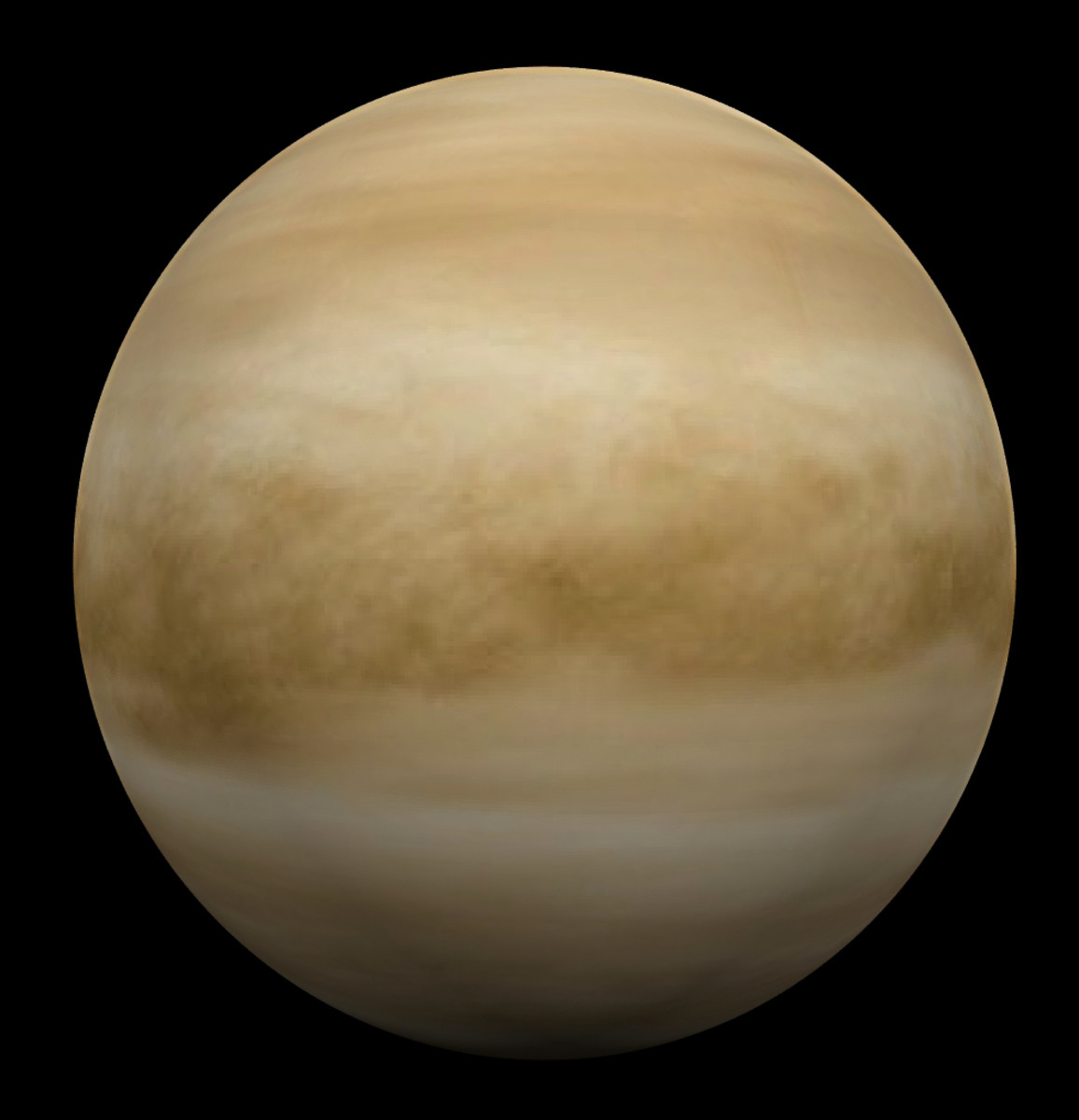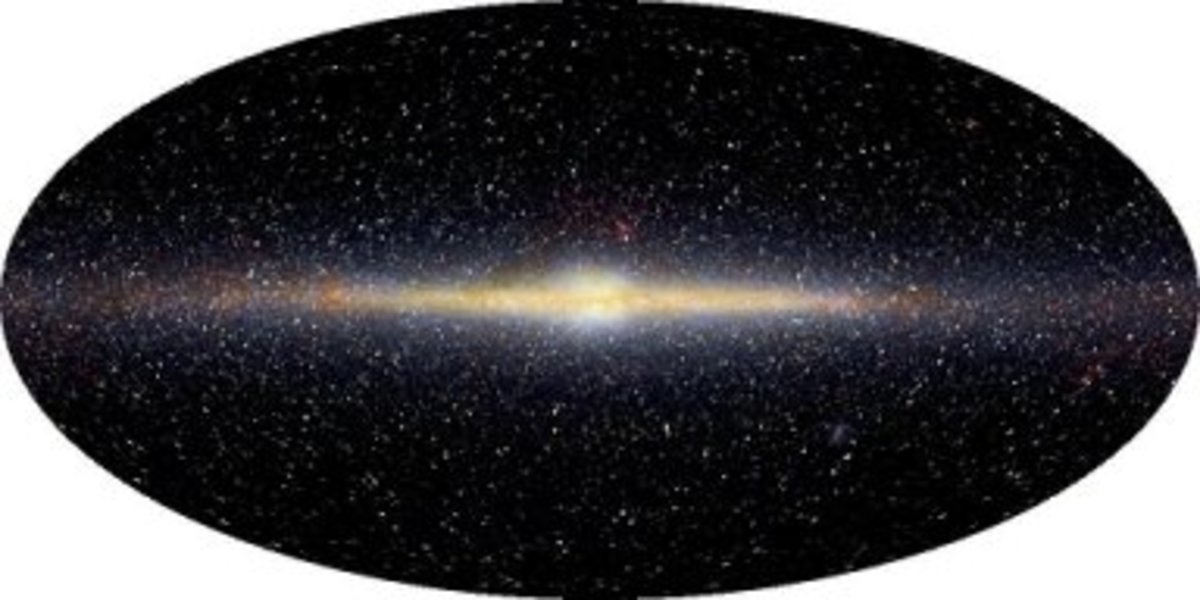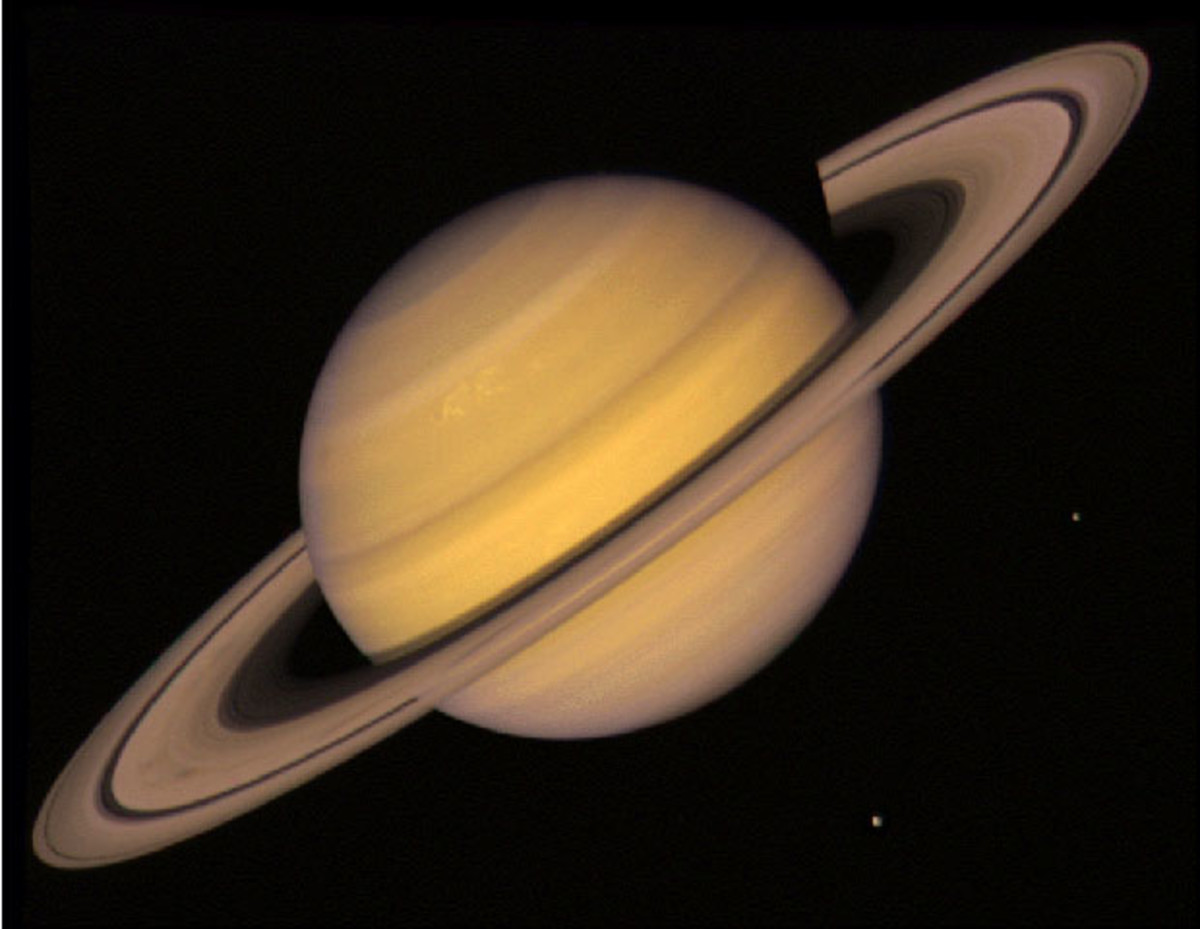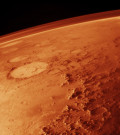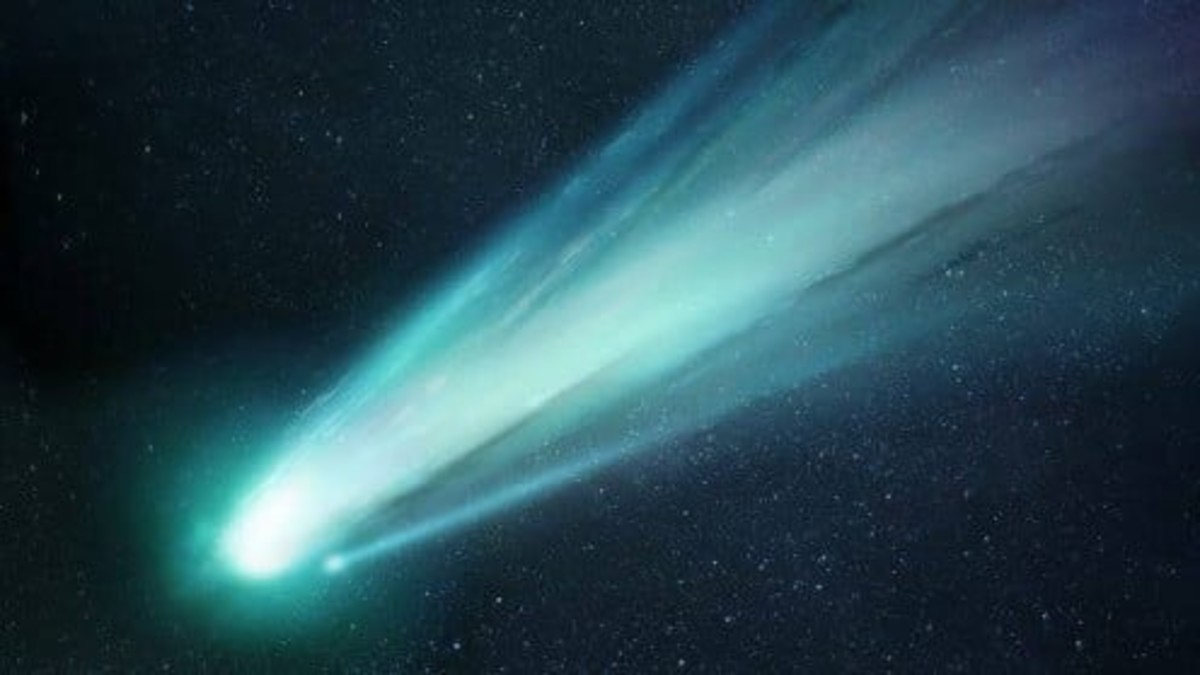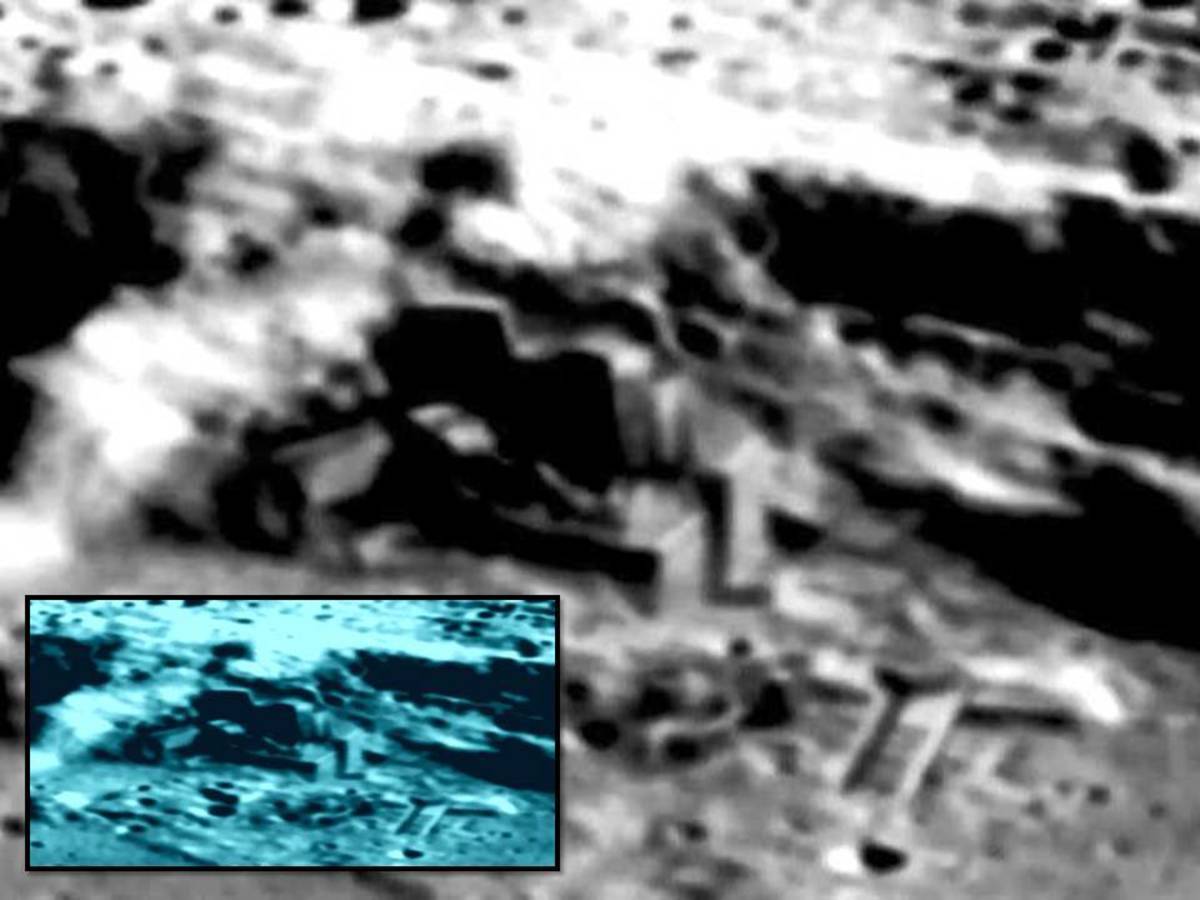Is Living off Earth Possible?
Humanities next home?
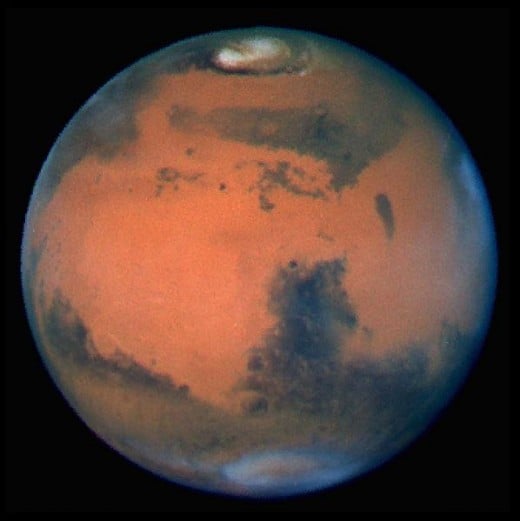
Can it be done?
One of the most common ideas in science fiction is of humans colonizing other worlds or living in space habitats. Some depict it as a grand adventure exploring a new frontier. Others show it as a way to relieve population pressure here on Earth. To a few it's a way for humanity to escape the damage we are inflicting on our environment. Real world advocates of the concept tout it as the only way for our species to avoid the next extinction level natural disaster here on Earth. How realistic are these strange new worlds? Can humanity adapt to survive in these environments or will the alien hazards keep us confined to our world.
Danger

How dangerous is it?
- How Radiation in Space Poses a Threat to Human Exploration (Infographic) | Space.com
Humans traveling beyond the protection of Earth's atmosphere and magnetic field risk radiation-caused cancers and other diseases. - What are space radiation effects?
Do you want to learn more?
Radioactive
The Earth is a relatively tiny island of safety for multi-cellular life in a hostile universe. Once we move past our atmosphere and our planet's magnetic field any traveler will be inundated by radiation. While not immediately fatal prolonged exposure will kill, if not by radiation poisoning than by cancer. Solar wind, cosmic rays, there's nowhere in the universe to escape it, except within the magnetic fields of a planet, in an atmosphere or underground. Most of the rocky planets in our own solar system have negligible magnetic fields. The gas giants in our outer system have strong magnetic fields but have no place for us to live. Their are moons around the gas giants but they are either outside their planets magnetic protection as Earths moon is or worse are in the radiation belts. Short term exposure isn't much of a problem. The Apollo astronauts went through the Van Allen belts and visited the Moon with no apparent long term ill effects. A trip to another planet however would require some means of shielding the crew as would a colony. A ship and settlement could be shielded using electromagnets to redirect some of the radiation away from people. If a colony lived underground rock would block types of radiation that magnets wouldn't (X-Rays for instance). Terraforming a planet like Mars has been hypothesized but no practical means has yet been proposed. If a means were found it would give the planet a thicker atmosphere and block some types of radiation. Unfortunately without a magnetic field solar flares will put out enough particle radiation to be a serious hazard. No one has proposed a means to start a planetary magnetic field even hypothetically. Human inhabitants could shelter underground to escape some risk if their were a means to alert them in time. Animals transplanted during terraforming on the other hand would suffer extreme long term effects. This might mean some species will not be able to survive being transplanted to a terraformed world. Whether this will threaten the whole terraforming process remains to be seen.
If we can bridge the distances between stars we might be able to locate worlds with magnetic fields that are already habitable or suitable for terraforming. Unfortunately the majority of potential planets discovered so far have somewhat higher gravity than Earth. In our own solar system Venus is the closest in gravity to Earth (0.9G). Living on any of the other worlds in our solar system would cause musculoskeletal atrophy among the colonists. Living on the potential worlds so far discovered outside our solar system on the other hand would lead to long term strain on their bodies. Having a planet with near earth-like gravity right next door may mean there are other such worlds around. Unfortunately exoplanet discoveries do not yet yield detailed enough information to know if any world at the right distance from it's star will have a magnetic field or atmosphere necessary to provide protection from radiation. Terraforming might be able to provide an atmosphere but the gravity and magnetic fields aren't things we can provide artificially. At least not on a planetary scale.
Artificial habitats

Living in space
Do we need planets?
In an artificial habitat colonists could enjoy earth-like gravity courtesy of spinning the habitat and an artificial magnetic field to protect from radiation. A thick enough hull to protect from the types of radiation not blocked by magnetic fields or cold plasma suspended in the magnetic shielding could help protect from both. One disadvantage of artificial habitats is they have to go somewhere else for raw materials for maintenance. Another is the difficulty of creating a truly self sustaining artificial ecosystem in a confined space. When combined these difficulties will initially leave a colony habitat as dependent on Earth as the International Space Station is now. The moon or asteroids could provide a source of raw materials but the artificial ecosystem will be a bit harder although less difficult than terra-forming. Such an artificial habitat may in fact be a desirable step in researching terra-forming methods. Using asteroids as raw materials also raises another possibility. An asteroid with sufficient structural stability and appropriate shape could be hollowed out as a habitat and spin could be introduced to provide gravity. Such an asteroid habitat would have natural radiation and meteorite shielding in the form of it's crust. An asteroid habitat would also be much cheaper to construct than a more traditional station that raised all it's materials from Earth.
What will we find?
Move in ready?
Of course in science fiction it's quite common for explorers to find worlds that not only have the right physical properties for life they already have life on them. Such worlds may exist but that doesn't mean humans can just move in. Even if such a world doesn't already have it's own intelligent life that doesn't make it safe for humans. Here on Earth things like atmospheric Oxygen concentration have varied over geologic time. An alien planet's atmosphere might have low enough oxygen levels to make breathing difficult for colonists. It might also have levels so high that materials humans are used to working with might become dangerously flammable. Likewise Earth plants might flourish on other worlds or wither. Even if the air is right the local microbes might prove as deadly to us as the ones in War of the Worlds were to the Martians. Terrestrial microorganisms might prove equally deadly to an alien ecosystem. Even if alien germs aren't a serious problem alien pollens might set off fatal allergic reactions. Alien fruits might prove as toxic as snake venom to us even it they have the right biochemistry to be edible. Any explorers would be wise to subject any alien plants to intense analysis before touching it with bare skin, let alone eating it.
Nasa's two cents
If only it were this easy
How will it change us?
Moving off Earth permanently may be possible, but life there will be much different than it is here. Even to reach their new homes colonists will have to travel through an environment far harsher than anything here. Their new home will undoubtedly be far different and probably far more hostile than any Humanity has experienced before. Will it be worth the risk to attempt? Unless someone manages to invent a means of space travel far more efficient than anything on the drawing board it's unlikely to be a useful means of relieving population pressure. No means of space flight could take people away faster than they are being born. Unless a breakthrough that lets colonists just walk there as in Tunnel in the Sky or Stargate that's unlikely to change. As for escape from environmental destruction, if one could terraform another planet would it not be more efficient to use the same technology to heal this one? That leaves preserving our species and any we take with us from a mass extinction on Earth and the grand adventure. If you look at the history of our planet an extinction event is a real possibility and there are always people up for an adventure. So, yes there will likely be people willing to leave our tiny blue pebble in the sky when the technology to do so is invented. Their new homes will make them change their ways of life in many ways. Will they look back on Earth fondly as their ancestral home? Might they see it as a strange alien place filled with people who are too ignorant to know how dangerous the universe really is? The time may come when those who have moved off Earth find those who remained behind just as strange as they would a completely alien race.






